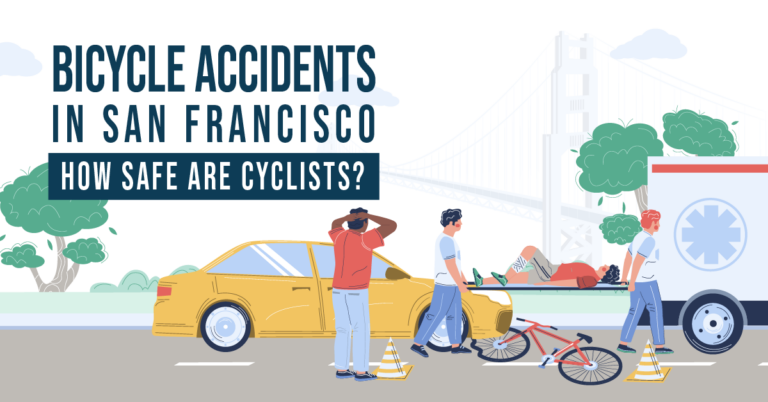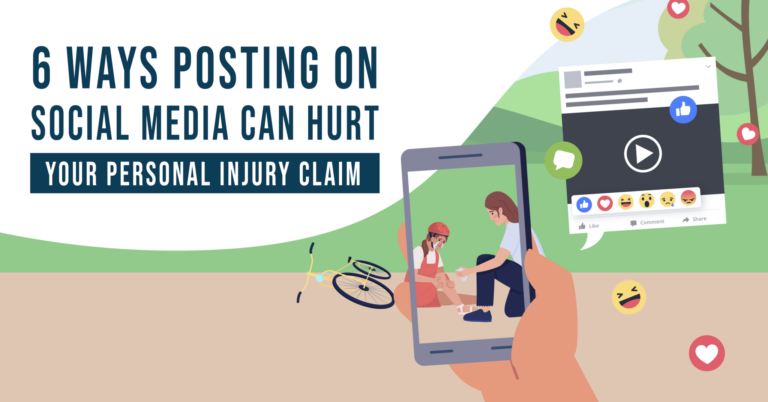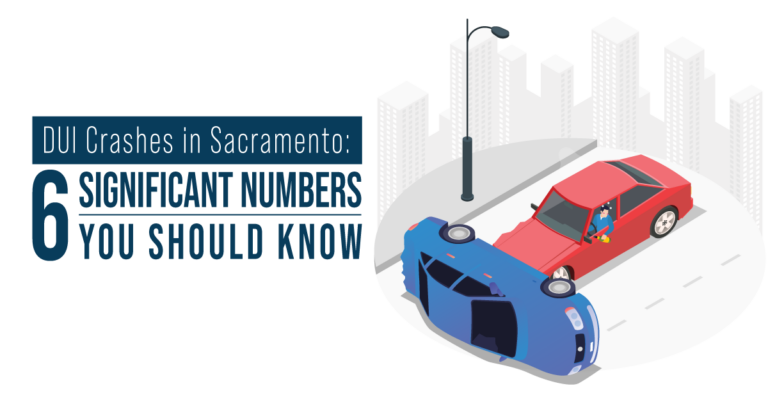 Insurance companies are required by law to properly investigate each claim and to arrive at a reasonable settlement based on the facts. Their failure to do so is referred to as “insurance bad faith,” and it is illegal. Unfortunately, what is often reasonable for the insurance companies is usually barely enough to cover the cost of auto repairs. If yours or the at-fault party’s insurance company has offered you a settlement amount that is not even enough to cover the cost of your initial hospital stay, it may be time to break out your negotiation skills. While you should never enter the insurance settlement negotiation process without a knowledgeable Orange County personal injury attorney on your side, there are some tactics you can employ to ensure a successful outcome.
Insurance companies are required by law to properly investigate each claim and to arrive at a reasonable settlement based on the facts. Their failure to do so is referred to as “insurance bad faith,” and it is illegal. Unfortunately, what is often reasonable for the insurance companies is usually barely enough to cover the cost of auto repairs. If yours or the at-fault party’s insurance company has offered you a settlement amount that is not even enough to cover the cost of your initial hospital stay, it may be time to break out your negotiation skills. While you should never enter the insurance settlement negotiation process without a knowledgeable Orange County personal injury attorney on your side, there are some tactics you can employ to ensure a successful outcome.
The lawyers at RMD Law have helped countless clients obtain noteworthy settlements for their personal injury claims. Some settlements have been in the half-a-million to two-million-dollar range. Our success is in large part due to our adept negotiation skills. This post will outline some of the tactics we use to maximize claim outcomes.
7 Steps to Negotiating a Personal Injury Claim Like a Pro
Though every claims process looks slightly different, the negotiation process may look something like this:
- You File Your Claim
You may not know it, but the negotiation process begins as soon as you file your claim. After all, in doing so, you are informing the provider that you were injured and that you expect to be compensated fairly for said injuries. You can file your claim online or by phone. However you choose to file, make sure that you do so within 24 hours of the accident. You will need the following information before reaching out to the provider:
- Your policy number;
- The date of the incident;
- The location of the accident;
- A thorough description of how the accident happened;
- The name, address, license plate number, and insurance information of the other party;
- The name of the police department involved (if applicable); and
- The number of the police report (if applicable).
Though the insurance company will require documentation in the future, this information is usually enough to open a claim.
- You Will Receive a Reservations of Rights Letter
Once a claim has been filed, the insurance company will send you a “reservation of rights” letter. This letter is meant to inform you that the insurance company plans to investigate your claim and that they will discuss their findings with you. The letter also serves as protection for the other party, as in the letter, the insurance company informs you that though it will investigate the claim, its actions are not an admission of fault on behalf of the insured. It is imperative that you understand the implications of this letter, as once you sign it, there is no going back. If you are not sure how signing this letter may affect your case, talk to an Orange County personal injury lawyer.
- You Send Your Demand Letter
Once you fully recover from your injuries, or once you reached a point of Maximum Medical Improvement, it is time to send your demand letter. This letter should detail the basic facts of the accident and include a detailed synopsis of your injuries. It should itemize damages such as medical expenses, future medical expenses, lost wages, vehicle repairs, out-of-pocket expenses, etc. An experienced personal injury lawyer can help you itemize these damages and ensure that the amount you file for is enough to cover your existing and future expenses. A lawyer can also help you calculate the total amount of non-economic damages such as pain and suffering and loss of enjoyment of life.
- You Will Receive a Response to Your Demand Letter
This is the point at which true negotiations begin. The claims adjuster will review your demand letter and devise a response. Typically, he or she will call you on the phone and discuss his or her initial offer. In some instances, the insurance adjuster will send a response via mail. Most adjusters like to have claimants on the phone, as it gives them a chance to argue their case and to convince claimants that their claim is worth much less than what they filed for. If an adjuster calls you up, inform them that your attorney will be negotiating on your behalf. Do not attempt to come to an agreement on your own, and certainly do not accept the first offer that comes your way. Once you accept an offer, you cannot appeal for more, even if you discover latent injuries in the future.
Typically, the first offer is just a test to see how far you are willing to go to settle your claim and how much you really understand about the claims process. If you accept, the insurance company gets off easy. If you do not, the adjuster may decide to take your claim seriously.
- You Make a Counteroffer
Unless your attorney agrees that the first offer is fair and that you will not do much better, you should reject the initial offer and make a counteroffer. You do this by writing a letter to the company and informing them that you cannot accept its offer. Tell the company why you feel that its initial offer was unfair and reiterate how badly you were injured and how your injuries have impacted you financially. In this letter, make a second demand that is slightly less than your initial demand.
- Negotiations Will Resume
At this point, the insurance adjuster will either accept your second demand or make another offer. If the second offer is still low, you may send a second counteroffer. This process may go back and forth a few times. Hopefully you and the insurance adjuster can come to an agreement, but if you cannot, further legal action may be required.
- Your Claim Goes to Court
If you and the insurance adjuster cannot come to an agreement, you may be forced to take your case to the judge. Typically, trial is only reserved for cases in which injuries are severe and in which offers are not nearly enough to cover the cost of damages. Keep in mind that if you do file a personal injury lawsuit, you risk winning nothing, whereas if you and the adjuster can come to an agreement, you at least get some sort of compensation. You also need to consider the costs of going to court, including attorney fees and court fees. Even if you do win your initial claim amount via a lawsuit, you could take home significantly less after paying your lawyer and other associated fees. A professional lawyer should never allow you to pursue a personal injury lawsuit unless he or she feels that it will result in an outstanding amount.
Retain a Skilled Orange County Personal Injury Lawyer
The lawyers at RMD Law are skilled negotiators and understand how to work with insurance adjusters to achieve the best possible outcome. If necessary, one of our attorneys will go to trial on your behalf. Maximize your claim and reach out to our Orange County law firm today.
- Bicycle Accidents in San Francisco: How Safe Are Cyclists? - July 10, 2023
- 6 Ways Posting on Social Media Can Hurt Your Personal Injury Claim - July 5, 2023
- DUI Crashes in Sacramento: 6 Significant Numbers You Should Know - July 3, 2023


